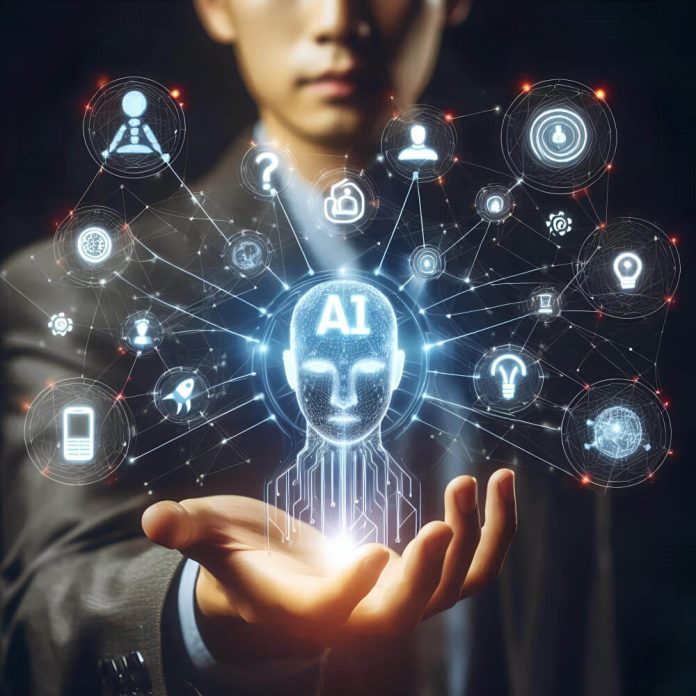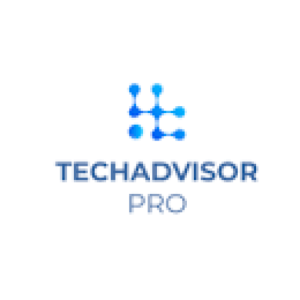Using artificial intelligence (AI) for lead generation in the B2B market can greatly improve your sales process. Businesses can more effectively boost revenue, optimize lead quality, and automate time-consuming operations by utilizing AI-powered tools and techniques. In order to help B2B professionals who want to optimize their sales funnels, this blog will explore the best AI lead creation technologies and strategies.
What is AI for Lead Generation?
AI for lead generation refers to the use of machine learning algorithms, predictive analytics, and automation to identify, qualify, and nurture leads. It enables businesses to improve efficiency, scale operations, and engage with prospects in more personalized ways, resulting in higher conversion rates.
Why is AI Important for Lead Generation?
Traditional lead generation methods, while effective in the past, often involve manual processes that are time-consuming and error-prone. With AI, businesses can automate data collection, analyze customer behaviors, and predict future needs, enabling them to focus on high-value activities like relationship building and closing deals.
Top AI Tools for Lead Generation
1# HubSpot AI-Powered CRM
Key Features: HubSpot offers an advanced AI-powered CRM that includes automated lead scoring, chatbots for real-time customer engagement, and predictive analytics for sales forecasting. The AI also assists with optimizing email marketing campaigns by analyzing customer responses.
How It Helps: With HubSpot, businesses can automatically prioritize leads based on engagement data, ensuring that sales teams focus on prospects most likely to convert.
2# Salesforce Einstein
Key Features: Salesforce Einstein integrates with Salesforce’s CRM to offer AI-driven insights, such as predictive lead scoring, automated email responses, and forecasting tools.
How It Helps: It empowers sales teams by providing real-time data on customer behavior, enabling more personalized interactions and faster decision-making.
3# Leadfeeder
Key Features: Leadfeeder identifies companies visiting your website and provides detailed data about their interests, enabling businesses to reach out to high-intent prospects. It integrates with various CRMs, including Salesforce and HubSpot.
How It Helps: With this tool, companies can prioritize hot leads based on website engagement, resulting in more targeted outreach and higher conversion rates.
4# Marketo Engage
Key Features: Marketo Engage specializes in AI-driven marketing automation, offering lead nurturing tools that send personalized content based on customer behavior. It also provides predictive lead scoring, which helps sales teams focus on leads most likely to convert.
How It Helps: Marketo’s AI capabilities streamline the entire marketing-to-sales process, increasing efficiency and improving customer experiences.
5# Conversica
Key Features: Conversica’s AI assistants automatically engage leads via email, asking questions, responding, and even following up. The AI evaluates responses to determine when leads are ready to engage with a sales rep.
How It Helps: This tool enhances lead nurturing by ensuring no lead is forgotten or lost in the process. The AI handles initial conversations, allowing sales reps to focus on closing deals.
Key Tactics for Boosting Sales with AI
1# AI-Powered Lead Scoring
Description: AI can analyze large sets of customer data, from browsing habits to purchase history, to accurately score leads based on their likelihood to convert. This ensures that your sales team prioritizes the highest-quality leads.
Benefits: Improved sales productivity and better targeting of high-value prospects.
2# Predictive Analytics for Lead Generation
Description: Predictive analytics involves using historical data to forecast future outcomes. In lead generation, AI can predict which leads are most likely to convert based on past behaviors.
Benefits: This tactic helps businesses allocate resources more effectively and improve conversion rates.
3# AI-Powered Personalization
Description: AI tools can create personalized marketing messages by analyzing customer data in real-time. Whether through email campaigns, social media ads, or website interactions, AI ensures that your messaging is relevant and timely.
Benefits: Personalization helps to build stronger relationships with prospects and increases engagement rates.
4# Automated Outreach and Nurturing
Description: AI chatbots and virtual assistants can handle initial outreach, answering common questions and guiding leads through early stages of the buyer’s journey. This automation allows your team to nurture more leads without additional manpower.
Benefits: Ensures consistent follow-up and frees up time for sales teams to focus on closing deals.
Best Practices for Implementing AI in Lead Generation
1# Integrate AI with Your Existing CRM
By integrating AI tools like Salesforce Einstein or HubSpot CRM into your current system, you can enhance lead management without disrupting existing workflows.
2# Focus on Data Quality
AI tools are only as effective as the data they use. Ensure that your lead generation data is up-to-date and accurate to maximize the effectiveness of AI-powered lead scoring and analytics.
3# Continuously Optimize
AI tools are not a set-it-and-forget-it solution. Continuously monitor performance, analyze data, and tweak your lead generation strategies to ensure you’re getting the most out of your AI investments.
Conclusion
AI for lead generation is not just a trend—it’s the future of sales. By leveraging AI-powered tools and tactics, B2B companies can streamline their lead generation processes, increase efficiency, and ultimately, boost sales. Whether you’re automating lead scoring with HubSpot, using predictive analytics with Salesforce Einstein, or nurturing leads with Conversica, AI offers unparalleled advantages in the modern sales landscape.
I hope you find the above content helpful. For more such informative content please visit Techadvisorpro.











